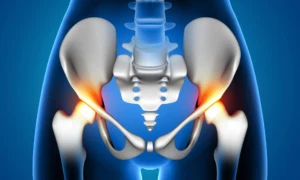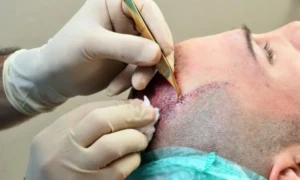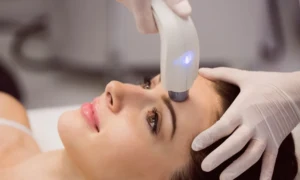Ayurveda, the traditional system of medicine that originated in India, offers holistic approaches to various health conditions, including Benign Prostatic Hyperplasia (BPH). It’s important to note that Ayurvedic treatments should be considered complementary to conventional medical care, and you should consult with a healthcare professional before starting any new treatment regimen. Here are some Ayurvedic approaches that may be considered for managing BPH:
- Herbal Remedies:
- Tribulus terrestris (Gokshura): This herb is believed to have diuretic properties and may help in improving urinary function.
- Saw Palmetto (Sabal serrulata): Although not traditionally Ayurvedic, Saw Palmetto is sometimes recommended in Ayurveda for BPH due to its potential benefits in reducing symptoms.
- Shatavari (Asparagus racemosus): Shatavari is considered a rejuvenating herb and may help in balancing the hormonal system.
- Ayurvedic Formulations:
- Varunadi Vati: This is an Ayurvedic formulation that may be prescribed for prostate-related issues.
- Chandraprabha Vati: It is used in Ayurveda for urinary and reproductive system disorders.
- Dietary Recommendations:
- Ayurveda emphasizes dietary changes to balance the doshas (Vata, Pitta, Kapha). A diet rich in fruits, vegetables, and whole grains is generally recommended.
- Foods that are considered to be beneficial for prostate health include pumpkin seeds, flaxseeds, and certain fruits like watermelon and pomegranate.
- Lifestyle Modifications:
- Yoga and Exercise: Gentle yoga poses and exercises that focus on the pelvic region may help improve circulation and alleviate symptoms.
- Pranayama (Breathing exercises): Deep breathing exercises may help reduce stress and promote relaxation.
- Ayurvedic Therapies:
- Panchakarma: Some Ayurvedic practitioners may recommend Panchakarma therapies, which include detoxification procedures like Basti (enema) for cleansing the body.
- Consultation with an Ayurvedic Practitioner:
- It’s essential to consult with a qualified Ayurvedic practitioner who can assess your individual constitution (Prakriti) and customize a treatment plan based on your specific needs.
Remember that Ayurveda is a personalized system of medicine, and treatments may vary based on an individual’s unique constitution and symptoms. Always consult with both your Ayurvedic practitioner and conventional healthcare provider to ensure a comprehensive approach to managing BPH. Additionally, it’s crucial to monitor your symptoms and seek medical attention if there are any changes or worsening of your condition.






























